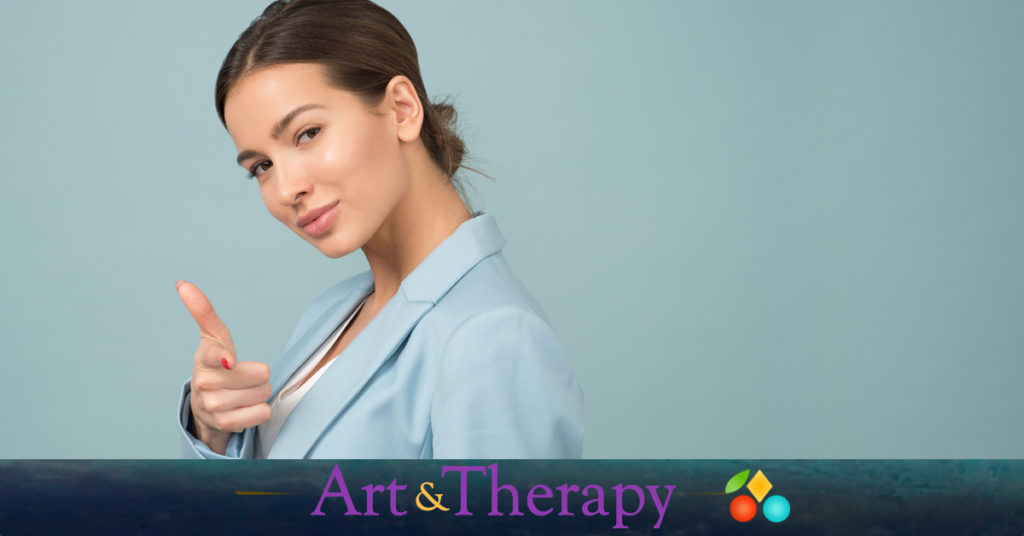
It seems like we so often hear about about how important it is to trust our intuition and allow it to guide us through unpredictable situations. At the same time, we’re also told not to jump to conclusions or make assumptions about people, places and things that we know little about. These opposing bits of guidance can be pretty confusing, especially when the latter points away from intuition as opposed to supporting it. As it turns out the left and right halves of our brains work in very different ways and provide us with different approaches to understanding the world. The left half, which tends to be more logical and analytical, does everything in its ability to make sense of the information it’s given. While the right brain, which tends to be more emotionally and relationally focused, will pick up on subtle cues, especially when it comes to understanding others. The ironic piece here is that the more logical side – the left brain – is usually the culprit when it comes to generating nonfactual information that leads us astray. The right brain tends to be more truthful and on point when it comes to memory involving emotion. You can test this for yourself – first try to think of some mundane fact like what you had for breakfast on Tuesday last week – chances are good that you can guestimate fairly well, though to be sure you might have to go back in time to double check. Now, think about an emotionally charged situation such as where you were when you first heard about 9/11. Can you remember what you were doing, what the weather was like, who told you, what situation you were in at the moment? So interesting, right, that you can remember so many details about something that took place almost 20 years ago?

Sometimes I like to show the image above to clients when explaining the brain’s tendency to fill in the blanks. Invariably someone will identify it to be a triangle – which clearly demonstrates my point even though it’s not the right answer (it’s really just three angles). In an instant, our brains are happy to jump to conclusions in attempt to make sense of the world and if we are quick to accept these assumptions as fact, it’s pretty clear how stories can get jumbled all too easily only to find that we’ve dug ourselves into some pretty deep holes. I think that the stories we come up with are often generated from past experience – if we’ve had any kind of trauma in our past, it can easily come back to shape our experiences in the present and the future. And triggers especially can lead us to impulsive reactions that wind up only hurting ourselves or others. It’s entirely possible that we will fall victim to inaccurate judgment and even missed opportunities.
And this is where it can be so useful to bring in a mindful awareness approach. It’s ok to recognize that there is a part of you that is picking up on something – especially when it comes to some aspect regarding others – I think you can certainly trust that emotive intuition. And it’s also where I really, really encourage you to remain curious about the part of you that creates the story about what happened. It’s here where an ability to pause – something that we can absolutely cultivate through practice over time – becomes one of the most invaluable tools available to us. Ask questions about the information our left brains are so quick to fill in about the situation. Are there any past experiences that may have helped formulate this assumption? Is it possible to check in with someone about what you are picking up, for accuracy?
Despite that this natural phenomenon doesn’t always serve us well, I still find myself encouraging clients to trust their intuition. Intuition is such an important tool that will help to guide us through the unknown. And if we can couple this with holding a sense of curiosity about the story – to maintain an inquisitive approach and exploration – I think that you will find that you can absolutely trust yourself to make the best possible decisions in any given situation.

Alan Alda interviews leading brain scientist, Michael Gazzaniga, to understand the left brain/ right brain phenomenon.
Copyright 2019 © Rachel Braun, All rights reserved.
Rachel Braun, ATR-BC, LPC Art Therapist Philadelphia, PA
Specializing in anxiety, depression and eating disorders.